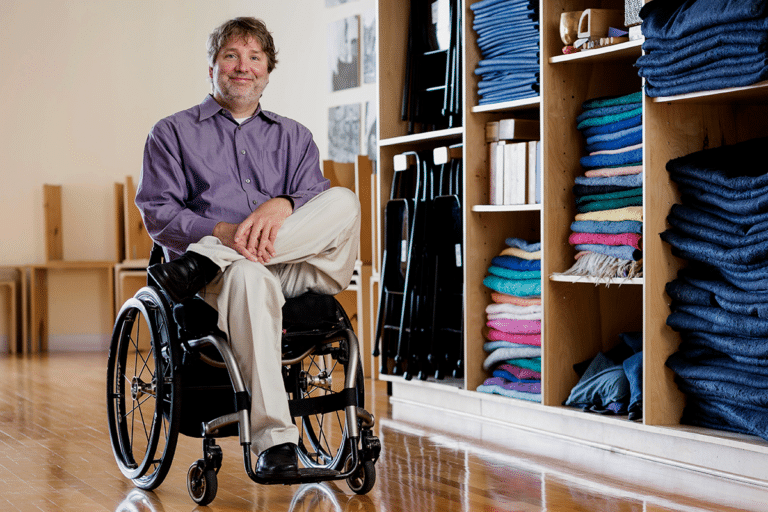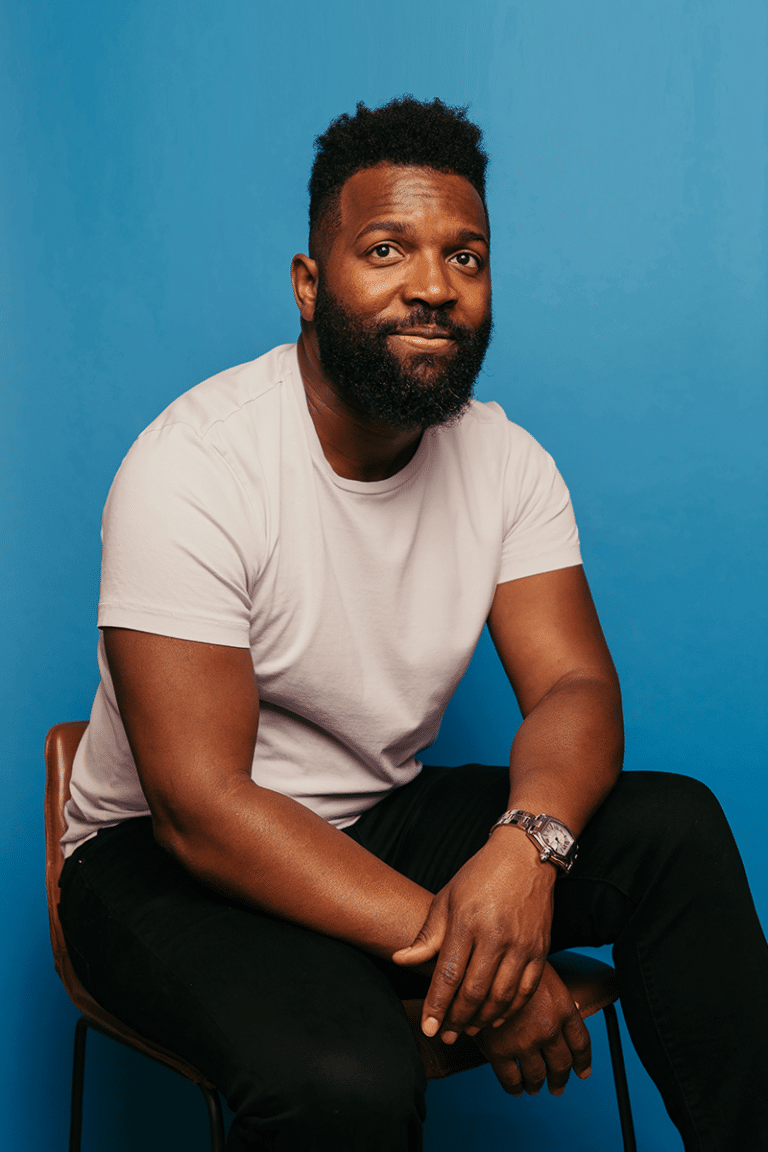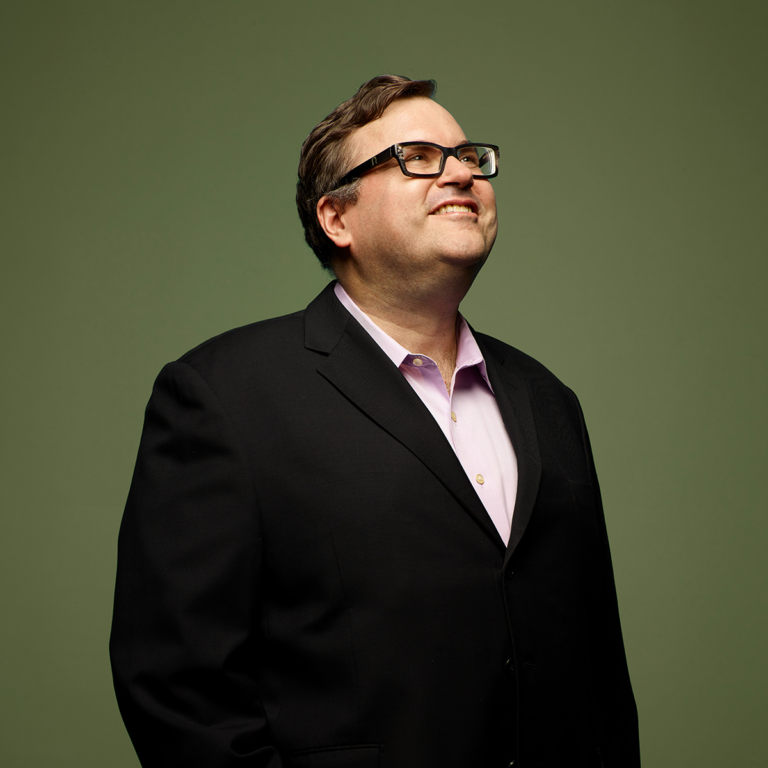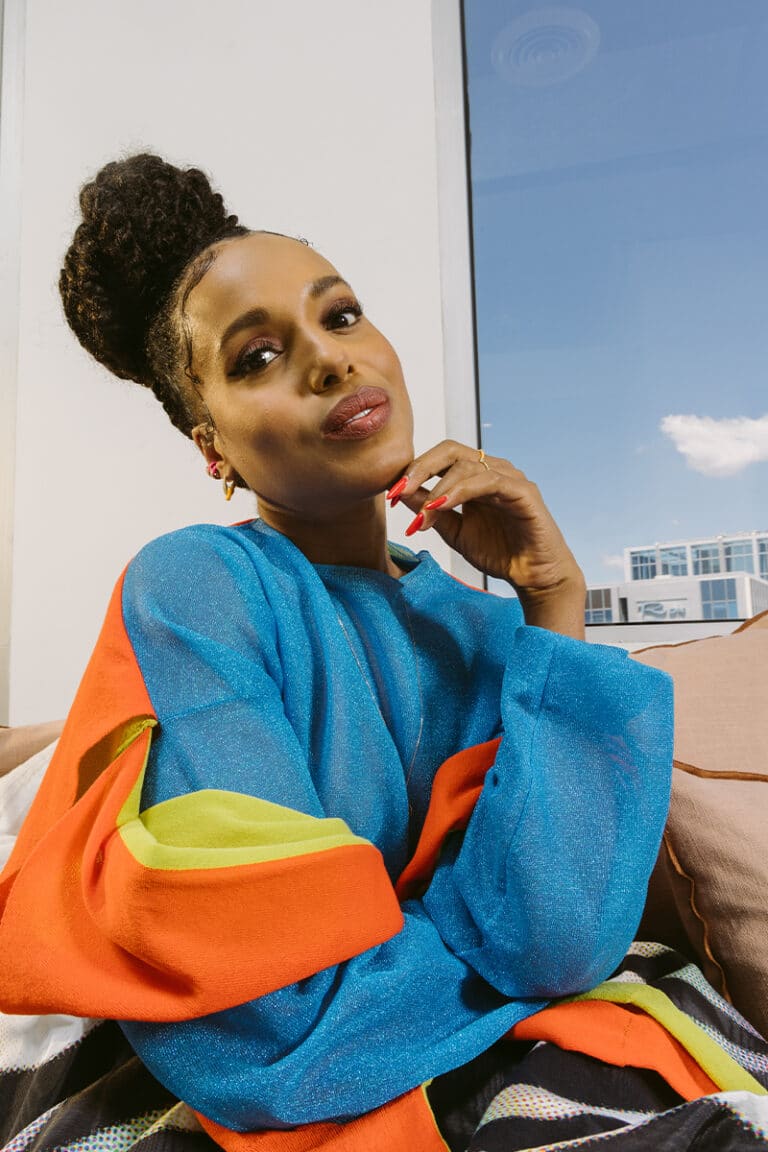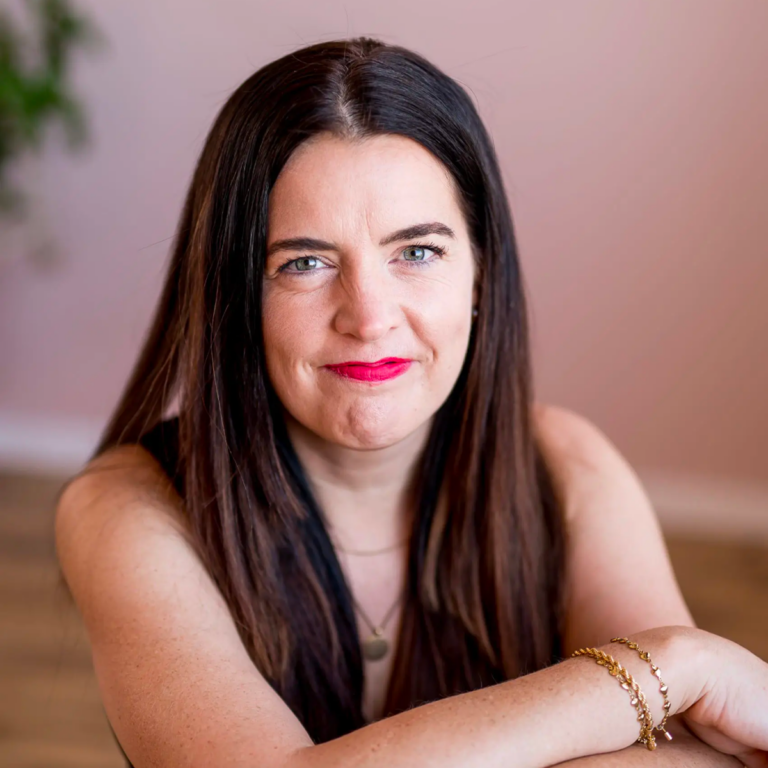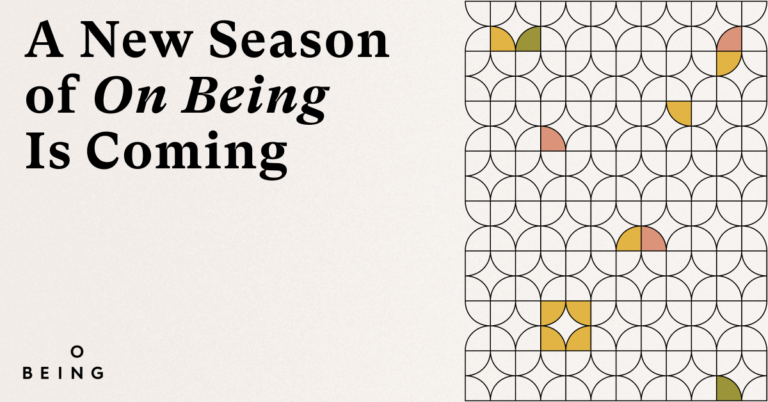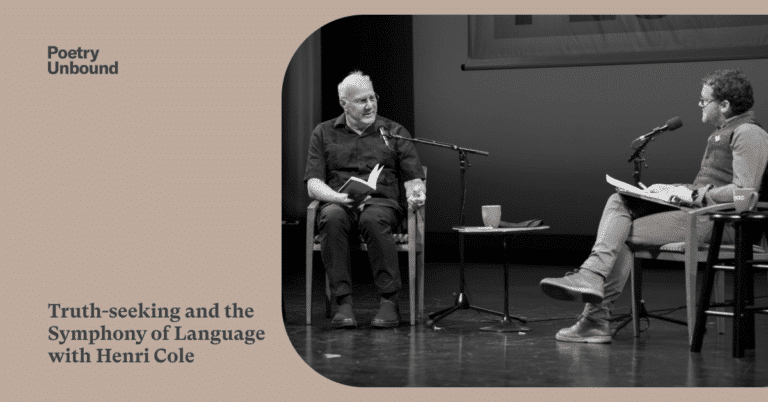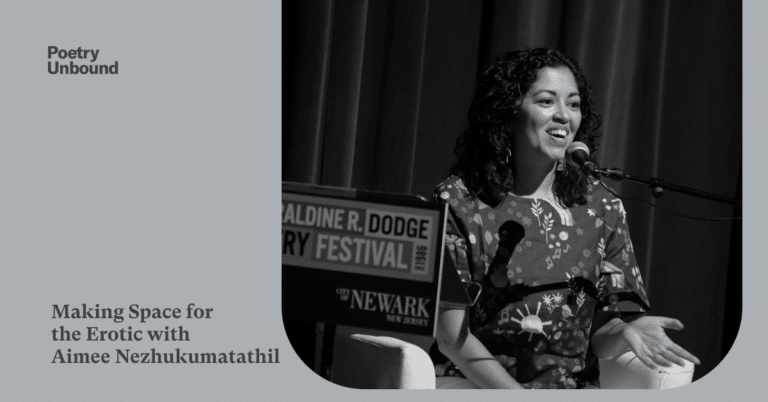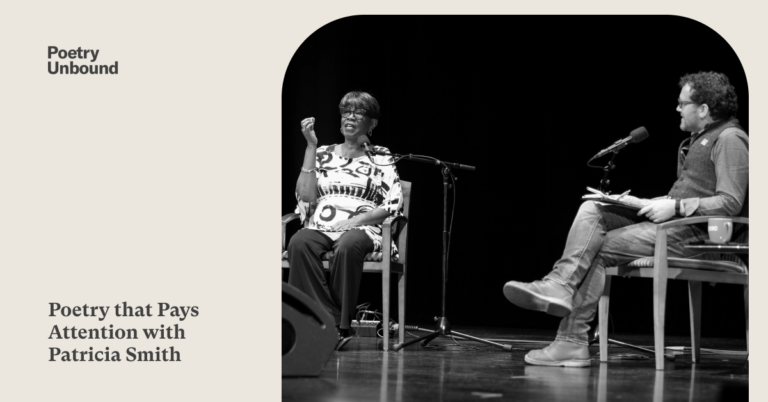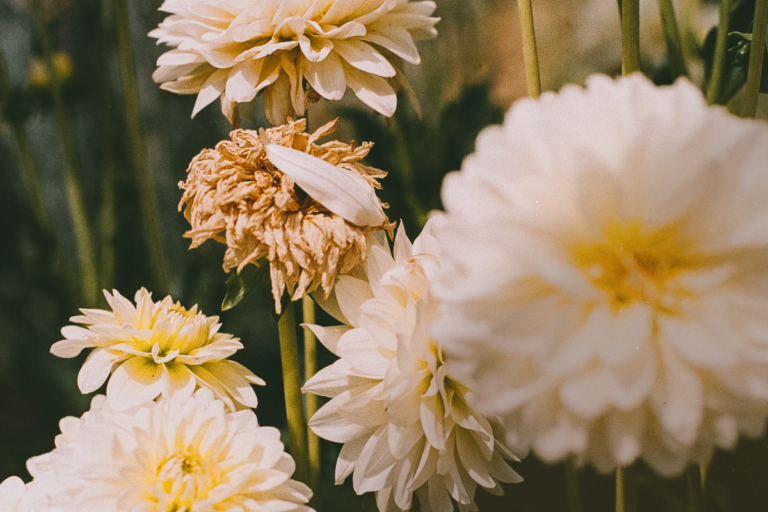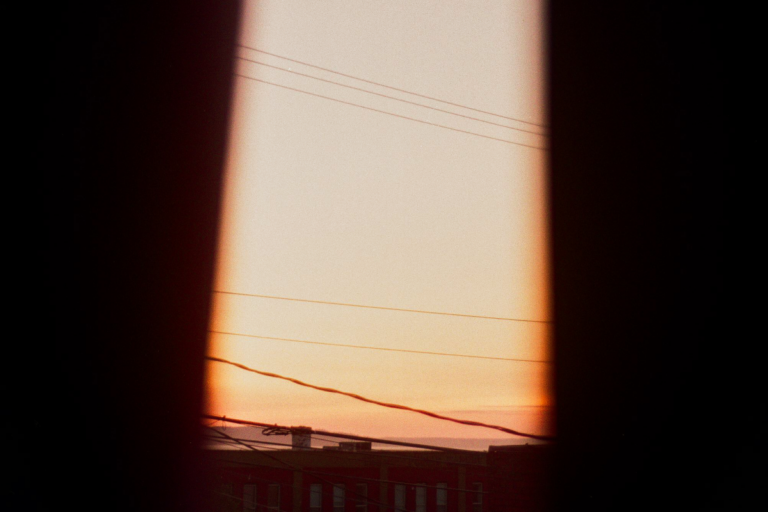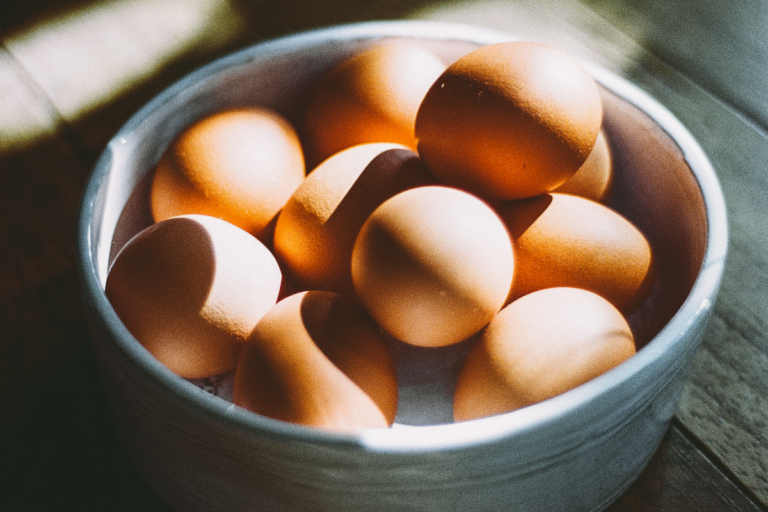A wondrous, buried treasure from the 20-year On Being archive, with renowned yoga teacher Matthew Sanford. Be prepared, as you listen to what follows, to take in subtleties and gracefulness you’ve never before pondered — or tried to feel in yourself — in the interplay between your mind and your body.
Matthew has an immensely energetic physical presence. He has been paralyzed from the chest down since a car accident in 1978. But he likes to say that his experience is only more extreme, not so different, from that of everyone else. He’s written, “We are all leaving our bodies — this is the inevitable arc of living. Death cannot be avoided; neither can the inward silence that comes with the aging process.” Matthew’s intricate knowledge of that “inward silence,” which he was forced to befriend after the noisy connections which most of us take for granted were severed — it’s revelatory. So is his insistence that it’s not possible to live more deeply in your body — in all its grace and all its flaws — without becoming more compassionate towards all of life. And: if you do yoga, you will never think about what it is affecting inside you in the same way again.
Krista sat with Matthew Sanford in 2006, just after he’d published his beautiful book Waking: A Memoir of Trauma and Transcendence.


